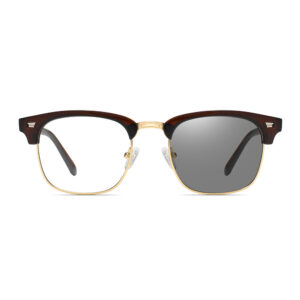
Great things in business are never done by one person. They’re done by a team of people. We have that dynamic group of peoples
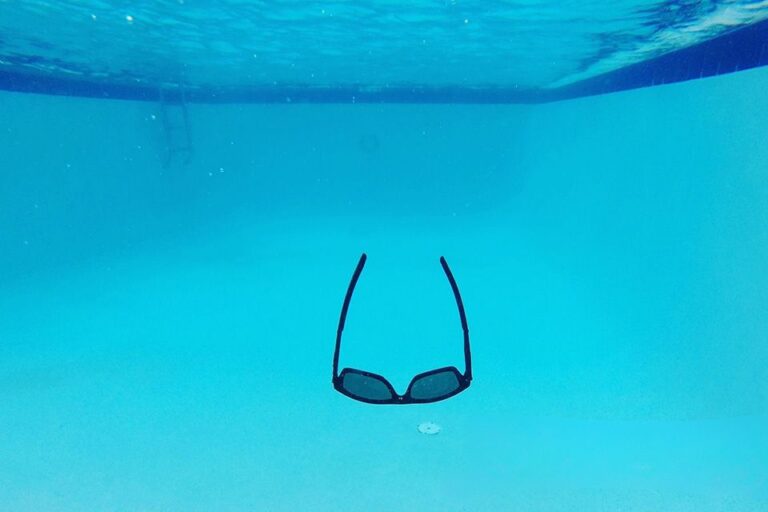
It’s easy to think all sunglasses are created equal, but floating sunglasses have a unique design. The key difference lies in their construction. Regular sunglasses are often made with materials that sink when they hit the water, while floating eyewear are designed to stay on the surface. This isn’t just a convenient feature; it’s a carefully engineered capability. Think about it, the sunglass you’re wearing may look very similar, but if you drop them in the water the outcome is completely different.
The ability to float in water might seem like a small detail, but it can save you a lot of money and frustration. How many pairs of sunglass have you lost to the depths? Investing in floating sunglasses isn’t just about convenience, it’s a smart way to prevent the continual need to replace your eyewear. Whether you’re into fishing, boating, or water sports, having sunglasses that float is a must-have. They are a small investment with significant returns in terms of both cost and peace of mind.
The magic behind floating sunglasses lies in their materials and construction. Unlike standard sunglass, these use a specially formulated injection-molded resin. This molded resin with a density lower than water is the key. The most common material is TPX, which is a plastic that is incredibly light and naturally buoyant. But it’s not just about the frame. The lens technology also plays a role in how well they float. The overall design of floating eyewear has a lower density compared to normal eyewear. This means that the sunglasses are designed to push more water than their weight, causing them to stay afloat, unlike regular eyewear that will sink.
Polarized sunglasses are a game-changer, especially when you are on the water. The polarized lenses feature a special filter that blocks glare. Glare is a big issue on the water because the sun’s rays bounce off the surface, creating blinding reflections. This can be especially dangerous when you’re driving a boat or doing other water activities. Polarized lenses reduce the glare, allowing you to see clearly, even in bright conditions. This gives a huge advantage when fishing, allowing you to see deeper in the water. Polarized floating options will not only protect you from glare, but also give the added protection of not sinking.
Protecting your eyes from the sun is just as crucial as keeping your sunglass from sinking. Always look for sunglasses that offer 100% UV protection. The sun’s harmful uv rays can cause long-term damage to your eyes, including conditions such as cataract and macular degeneration. A quality lens coating also enhances clarity and adds extra protection by reflecting light away. This extra layer of protection helps prevent damage to your lens and keeps you enjoying your time outdoors for years to come. When checking out sunglasses that float in water, you have to check this very important detail.
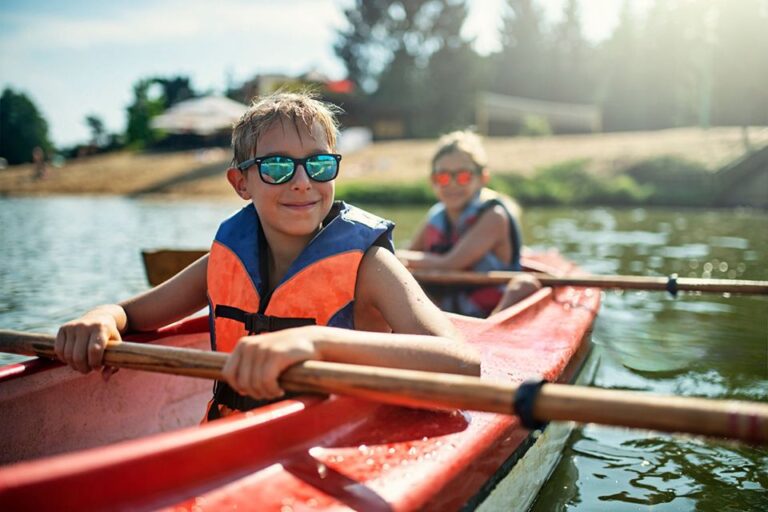
When engaging in water sports or any outdoor activity, you need sunglass that can handle some rough use. The best floating sunglasses are usually made from durable materials like TPX, designed to be lightweight and durable. They’re built to withstand accidental drops, wave crashes, and all sorts of tough conditions. It’s also important to look for high quality construction in the frame, which ensures that your sunglass won’t fall apart after only a couple of wears. Look for sunglass with high-quality frames that can handle your toughest outdoor adventures.
The “best” floating sunglasses for you really depend on your needs. For instance, a fishing enthusiast might need sunglass with extra glare protection, while someone enjoying a surf session may prioritize a secure fit and durable materials. Kayakers and boat owners will also need something reliable for their water-based needs. There is a great variety available, but it’s worth thinking about how you’ll use them, so you can pick a pair of sunglasses that can handle the stress.
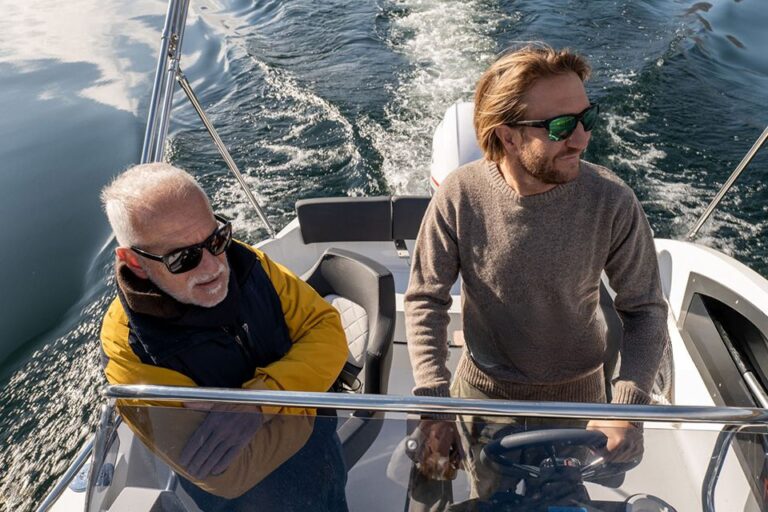
Fishing and boating require sunglasses that are designed to protect your eyes and enhance your visibility, which polarized floating options offer perfectly. The polarized lenses cut through the sun’s glare, allowing you to see below the surface of the water. This is especially helpful when you’re trying to spot fish or navigating around reefs. The frames need to be secure and lightweight, and of course, designed to stay afloat. Many brands offer fishing specific collections that include special features like hydrophobic lens coating which repels water and keep your view clear.
The warranty on floating sunglasses can vary depending on the brand and model. Some brands offer a limited warranty, while others offer a more comprehensive one, covering manufacturing defects, or even accidental damage. Always check the fine print before you invest to know what the warranty entails. Also, some brands might offer replacement lenses if your lens become scratched or damaged. Remember that your sunglass are made to last for years to come if taken care of properly.
Taking good care of your sunglass will help them last. Most floating sunglasses require very simple cleaning. First, make sure to wipe them clean with a microfiber cloth. Avoid using paper towels or rough fabrics, as they can scratch the lens. Rinse them with fresh water after being exposed to salt water to prevent any build-up. Store your sunglass in a protective case when you are not wearing them, to prevent them from getting scratched and damaged. Keep them away from extreme heat. With these simple steps, you can ensure that your high-quality floating sunglasses remain in good condition for years.
Important Things to Remember About Floating Sunglasses:
Buoyancy: The primary function of floating sunglasses is to remain on the surface of the water, thanks to their low-density materials like TPX.
Polarization: Polarized lenses cut glare from water, enhancing visibility and comfort.
UV Protection: Ensure your sunglass offer 100% protection against harmful UV rays.
Durability: High-quality materials, such as molded resin with a density lower than water, make floating sunglasses resilient to damage.
Activity-Specific Features: Choose eyewear suited to your preferred activities, whether it’s fishing, boating, surfing, or kayaking.
Maintenance: Clean your sunglass regularly, rinse them off after exposure to salt water, and store them safely.
Warranty: Take a look at the warranty details to ensure your purchase is covered.
Brand: It’s always great to invest in a brand you can trust to ensure high-quality.

Have you ever looked at your eye prescription and wondered what all those numbers and terms mean? Understanding your eye prescription is key to taking control of your eye health and ensuring you have the right glasses or contact lenses.
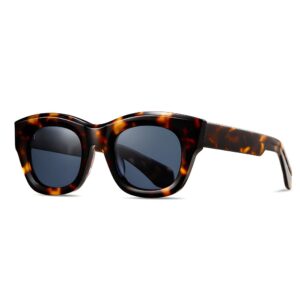
Home WhatsApp Email Floating Sunglasses Best Wrap Around Sunglasses, Sunglasses for Water Sports Factories, Wrap Around Sunglasses for Water Sports

Are you searching for the best sunglasses to protect your eyes and look stylish in 2024? With so many options available, finding the right pair of sunglasses can feel overwhelming. This article will guide you through the top sunglasses of the year, helping you understand different types, features, and what to look for when choosing the perfect shade to protect your eyes and enhance your style. We’ve done the research and testing, so you don’t have to! Get ready to discover your new favorite sunnies!
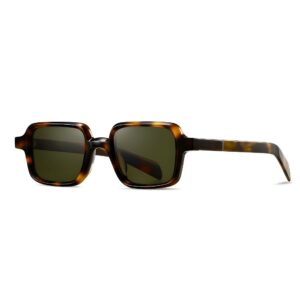
Home WhatsApp Email Polarized Sunglasses Cat Eye Sunglasses for Women, Cheap Wholesale Cat Eye Sunglasse, Wholesale Cat Eye Sunglasses for
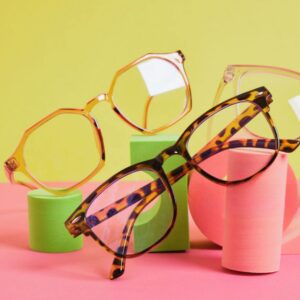
Have you ever wondered whether to say “eyeglass” or “glasses”? You’re not alone! In this article, we’ll explore the world of eyewear, uncover the differences between these terms, and help you find the perfect frames. Whether you’re new to wearing spectacles or just curious about the correct usage, this guide is worth a read.
Didn’t find what you want? Ask our manager for help!
Didn’t find what you want? Ask our manager for help!